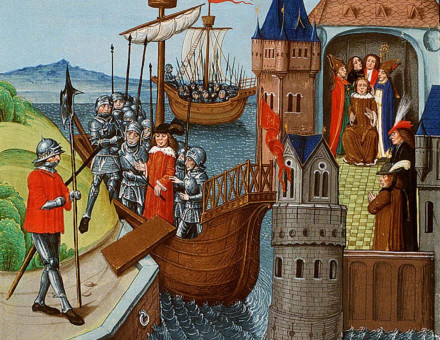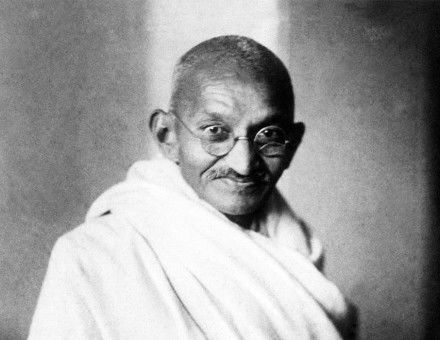Disraeli, Dandyism and Decadence
William Kuhn considers some of the ways a look at Benjamin Disraeli’s sexuality challenges our idea of the Victorians and the man himself.
Benjamin Disraeli is one of the most studied men in history. There are now more than seventy works of biography, history, drama and fiction that take him as their subject. Among these are also volumes of his correspondence and speeches, as well as three biographies of his wife. What is left to say about him after so much has already appeared in print?
One preoccupation of the present is our attempt to recapture the Victorians for something more than the principled prudes who were reliable jokes of the twentieth century. Something in the passing of the millennium has spurred our interest in
nineteenth-century people. Moreover, Bloomsburian cynicism about the Victorians has itself come to seem dated. Lytton Strachey cut Victorian heroes down to size in Eminent Victorians (1920), but he was writing from the point of view of a generation angry at what they perceived as the Victorian origins of the First World War. For a long time the popularity of his book sustained a historical animus against the Victorians.





